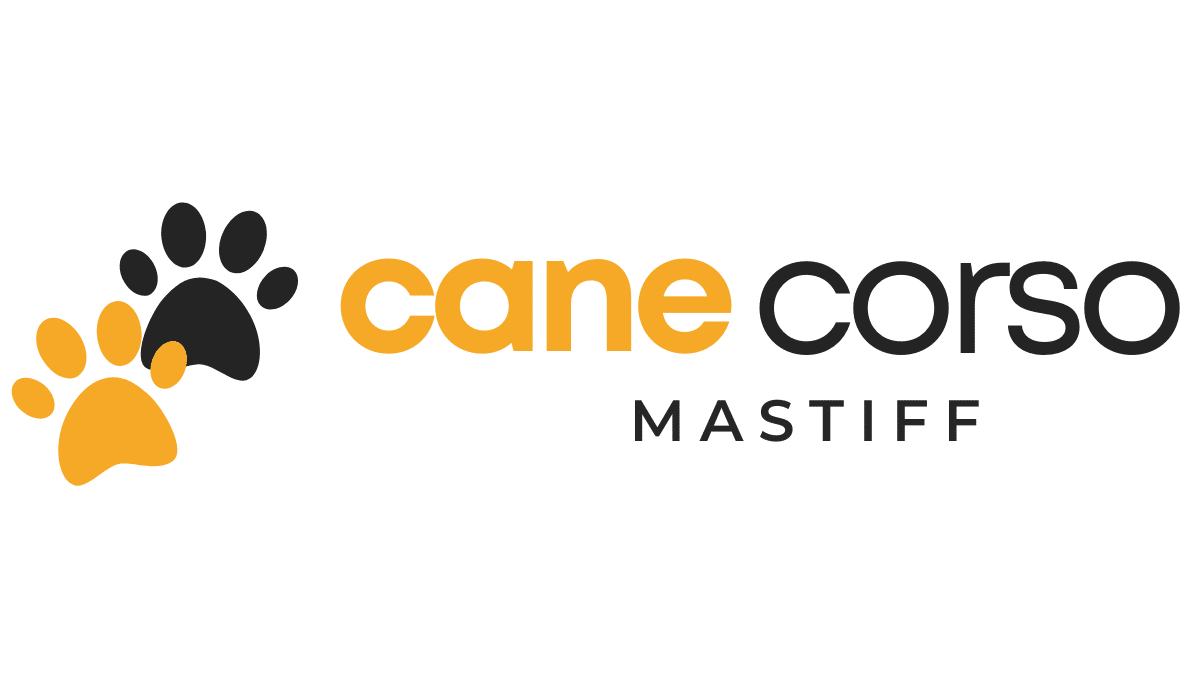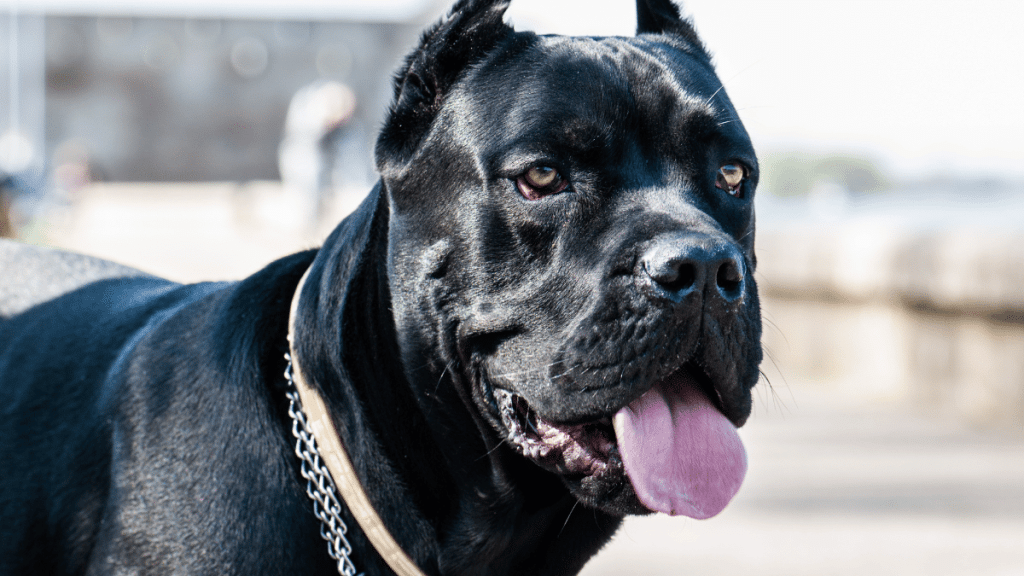Prevention of bloat in your Cane Corso is important for ensuring their health and well-being. Bloat, or gastric torsion, can lead to life-threatening situations if not addressed promptly. By understanding the risk factors and implementing specific feeding practices, you can significantly reduce the risk. This guide will provide you with effective strategies and expert tips to protect your beloved pet from this serious condition, enabling you to enjoy many happy moments together.
Key Takeaways:
- Feeding Schedule: Implement a consistent feeding routine to help regulate your Cane Corso’s digestion.
- Diet Quality: Choose high-quality, easily digestible dog food to reduce the risk of bloat.
- Exercise Routine: Ensure adequate exercise before and after meals to promote healthy digestion.
Understanding Bloat
Before entering into prevention methods, it’s important to understand bloat and how it can affect your Cane Corso. Bloat, also known as gastric dilatation-volvulus (GDV), can lead to life-threatening complications if not addressed immediately. It involves the expansion of your dog’s stomach with gas or air, which can restrict blood flow and cause damage.
What is Bloat?
Little is known about the precise causes of bloat, but it primarily affects large, deep-chested breeds like the Cane Corso. It occurs when the stomach fills with gas and twists on itself, leading to serious consequences without prompt medical attention.
Symptoms of Bloat
Bloat often manifests suddenly, so it’s important to be vigilant about your dog’s behavior. Symptoms to watch for include a visibly bloated abdomen, retching without vomit, restlessness, excessive drooling, and signs of distress. If you notice these signs, it’s imperative to seek veterinary assistance immediately, as timely treatment can save your dog’s life. Additionally, your dog’s heart rate may be increased, and they may appear weak or lethargic.
Factors Contributing to Bloat
Any dog owner should be aware of the various factors that contribute to bloat in Cane Corsos. Understanding these elements can help you take proactive measures to prevent this serious condition. The primary contributors include:
- Genetics
- Age
- Diet
- Feeding habits
- Stress
Assume that being informed about these factors will empower you to make smart choices for your dog’s well-being.
Dietary Considerations
Little changes in your dog’s diet can significantly reduce the risk of bloat. Opt for high-quality, easily digestible foods that are rich in nutrients. Avoid feeding your Cane Corso any grain-heavy or low-quality food, as these are often associated with gastrointestinal issues.
Feeding Practices
Assuming you want to minimize bloat in your Cane Corso, focus on tailoring your feeding practices.
A structured feeding routine is important for preventing bloat. Instead of one large meal each day, consider splitting the daily intake into two or three smaller meals. Serve the food in a shallow dish to prevent gulping, and ensure your dog remains calm for at least 30 minutes after eating. Limiting water intake before and after meals can also help reduce the risk. Lastly, be vigilant about signs of stress, as stressed dogs may be more susceptible to this life-threatening condition.
Preventive Measures
Despite the potential risks associated with bloat, there are effective preventive measures you can take for your Cane Corso. Ensuring your dog’s health starts with education; you can find valuable insights in My Thoughts on Bloat for the Cane Corso breed. These practices, including dietary choices and feeding routines, will help minimize the risk of this serious condition, keeping your furry friend safe and healthy.
Choosing the Right Diet
On your journey to preventing bloat, selecting a high-quality diet tailored for your Cane Corso’s needs is vital. Opt for dog food that contains appropriate protein levels and avoids fillers that can lead to gas accumulation. Additionally, consider meals that are specific to large breeds, as they are formulated to support your dog’s health and reduce bloat risk.
Establishing Feeding Routines
Routines play an imperative role in managing your Cane Corso’s likelihood of developing bloat. When you establish a consistent feeding schedule, your dog will adapt better and avoid overeating or gulping food.
To effectively implement these routines, offer two to three smaller meals per day instead of one large meal to help ease digestion. Always provide fresh water and allow a 30-minute rest period after meals before engaging your dog in exercise. These practices create a more stable environment for your pet’s digestion, ultimately helping to reduce the risk of bloat.
Lifestyle Tips
Not all Cane Corsos are prone to bloat, but adopting the right lifestyle can significantly reduce the risk. Here are some effective tips:
- Feed your Cane Corso smaller, more frequent meals
- Avoid vigorous exercise immediately after feeding
- Provide a calm and relaxed environment during meals
- Monitor eating habits to identify any changes
Recognizing these lifestyle habits can help keep your dog safe from bloat.
Exercise and Activity Levels
Some regular exercise and proper activity levels are vital for your Cane Corso’s overall health. Aim for at least 30 to 60 minutes of daily exercise tailored to their energy levels. This encourages good digestion and can help prevent bloat, as a well-exercised dog is also less likely to eat excessively or too quickly. Make sure to incorporate both mental and physical activities to engage your dog’s mind and body.
Stress Management
You need to manage stress effectively in your Cane Corso to promote a healthy lifestyle. Stress can lead to rapid eating patterns that contribute to bloat; therefore, implementing relaxation techniques is imperative. Create a tranquil eating environment by minimizing noise and distractions, providing your dog with a designated dining area, and avoiding stressful situations around feeding times.
Exercise can further aid in stress relief. Engaging in regular physical activities not only keeps your Cane Corso fit but also helps to reduce anxiety and restlessness. Be mindful of their body language, and conduct training sessions to establish a strong bond. Positive experiences like playtime or gentle walks can greatly enhance your dog’s mental well-being, mitigating stress-related behaviors that may contribute to bloat. Keeping your Cane Corso calm and active is key to their happiness and health.
Recognizing Risk Factors
To effectively prevent bloat in your Cane Corso, it’s vital to recognize the inherent risk factors. These include:
- Age – Older dogs are at a higher risk.
- Family History – A history of bloat in the family increases susceptibility.
- Diet – Feeding habits play a significant role.
- Exercise – An insufficient exercise routine can contribute.
- Stress – High-stress levels may lead to digestive issues.
Thou should closely monitor these elements to mitigate the risk effectively.
Breed-Specific Traits
Little do many owners realize that Cane Corsos have distinct traits that predispose them to bloat. Their broad chest and deep rib cage make them particularly susceptible, as these physical characteristics can impose limitations on how their stomach expands. Being aware of these breed-specific traits can help you take necessary precautions to minimize the risk of bloat.
Health Conditions to Monitor
Recognizing underlying health conditions is imperative for safeguarding your Cane Corso against bloat. Certain disorders, such as gastric dilatation-volvulus (GDV), can dramatically elevate the risk. Be vigilant for signs of anxiety or food intolerances, which may exacerbate the situation. Regular veterinary check-ups are vital for early detection of any issues that might lead to bloat.
Plus, you should closely monitor your Cane Corso for signs of excessive drooling, restlessness, or abdominal swelling. These symptoms could indicate a serious threat, such as potential GDV, which is a life-threatening condition. Staying observant of your pet’s health and behavior allows for timely interventions, contributing positively to their overall well-being and lessening the risk of bloat significantly.
Emergency Response
For the safety of your Cane Corso, having a solid emergency response plan is imperative. Bloat, also known as gastric torsion or torsion, can lead to life-threatening conditions if not addressed promptly. Knowing what steps to take in an emergency can mean the difference between life and death for your beloved pet. Always be prepared to act swiftly and calmly should you suspect your dog is experiencing bloat.
First Aid for Bloat
Little time is of the essence when dealing with bloat. Begin by assessing your dog’s symptoms, which may include a distended abdomen, restlessness, or unproductive retching. If you suspect bloat, avoid giving food or water, and keep your dog as calm as possible while you seek immediate veterinary assistance.
When to Seek Veterinary Help
With bloat, acting quickly is paramount. If you notice signs of distress, such as lethargy, an enlarged abdomen, or attempts to vomit without success, urgent care is necessary. It’s imperative to get your Cane Corso to a veterinarian as soon as possible for diagnostic imaging and treatment.
Emergency intervention for bloat is often the best chance for survival. If your dog displays symptoms like a distended stomach and pain, do not wait; take your Cane Corso to a vet immediately. Delays can lead to serious complications, including shock and death. Time is of the essence, and there are treatment options available that can significantly improve your pet’s condition and chances of recovery.
Conclusion
As a reminder, preventing bloat in your Cane Corso involves a combination of proper feeding practices, regular exercise, and keeping your dog calm after meals. By implementing these strategies, you can significantly reduce the risk of this serious condition. Always stay vigilant for any signs of discomfort or distress in your dog, and consult your vet for personalized advice. Your proactive approach will help ensure a healthy and happy life for your beloved Cane Corso.


